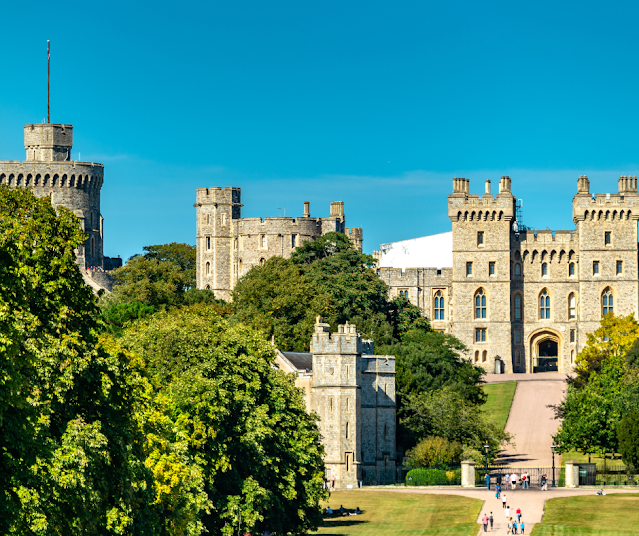It was a strange feeling for me that hours after publishing Part 1 of this series, the news was announced to the world that our Queen Elizabeth II had died.
Great Britain and the realms and the Commonwealth (of which New Zealand is a part) entered into 10 days of mourning and King Charles III ascended to his role of King.
What this past week has shown me and confirmed to me, is that our political system with the Crown as the constitutional head, is the greatest form of democracy in the world, bar none. In the next month, I will write a post on why I think New Zealand needs to stay with the monarchy and not become a republic.
Much of my belief stems from strong opinions around the Treaty of Waitangi, but also, paramount above even this, is the core belief that human nature craves power and control. There is something within the depths of all mankind that cannot help himself but given the chance will elevate him or herself, or when he finds himself treated as a god, to enjoy this, to bask in this, like a pig in muck, and countries choosing to become a republic is sometimes the means of doing this, lofty ideologies descending into self-centred political manoeuvrings. But more about that next month.
When thinking about the Westminster system, it got me thinking about how it all began. I believe there were two pivotal points in history that had long-lasting impact on our political system. Those two points of change in British history began with King Henry VIII, and then later with Oliver Cromwell's dealings with King Charles I. You might also be surprised to learn the the British monarchy has been abolished in history more than once, but somehow they survive and come back from this.
As a result of these changes, the Crown is now 'above politics'. It gives the countries who are under the Crown leadership that tries to bring people together. In the great jostle for power and control, under the Westminster system, nobody can really have total power. The Sovereign can't. The Prime Minister can't. Isn't that a good check and balance for true freedom? Given mankind's propensity for absolute power and control, I think it is.
With the passing of Queen Elizabeth two weeks ago, Great Britain and all her realms and those who have her as Head of State (as we do in New Zealand) are now going through a transition period of change-over. I've always thought one of the most incredible moments in history must be that moment as the Sovereign dies, as their spirit leaves their body, attention immediately turns to the heir presumptive. In our case, Prince Charles, now King Charles. The transition is immediate. When Victoria became Queen, she wrote about the moment in her diary,
"I was awoke at 6 o'clock by Mamma, who told me the Archbishop of Canterbury and Lord Conyngham were here and wished to see me. I got out of bed and went into my sitting-room (only in my dressing gown) and alone, and saw them. Lord Conyngham then acquainted me that my poor Uncle, the King, was no more, and had expired at 12 minutes past 2 this morning, and consequently that I am Queen."
This painting depicts the constitutional act of 'kissing hands" - effectively an acknowledgement of the transition of power, a declaration of that transition from the dead monarch to the new.
 |
| Painting by Henry Tanworth Wells, 1887. |
I want to do a whole blog post on King Richard III, because as it turns out, he is a much maligned King. He is known through history as the worst King England has ever had, but many of his supposed wicked deeds are unproven and possibly the work of the propaganda machine from the Lancasters at the time. Imagine that! Propoganda in the 1400s! It is fascinating! His body lay undiscovered for 500 years and was recently found. A movie is coming out about it soon!
This is a brief summary of some of the key characters during that terrible, bloody time in England known as The War of the Roses.
If any of this has piqued your interest, I highly recommend this YouTube documentary series on the War of the Roses, because I have found it too complicated and I'd be writing about it forever, to try and unpack everything that went on during this time, and this series breaks it down, makes it understandable and is a rip-roaring watch!












